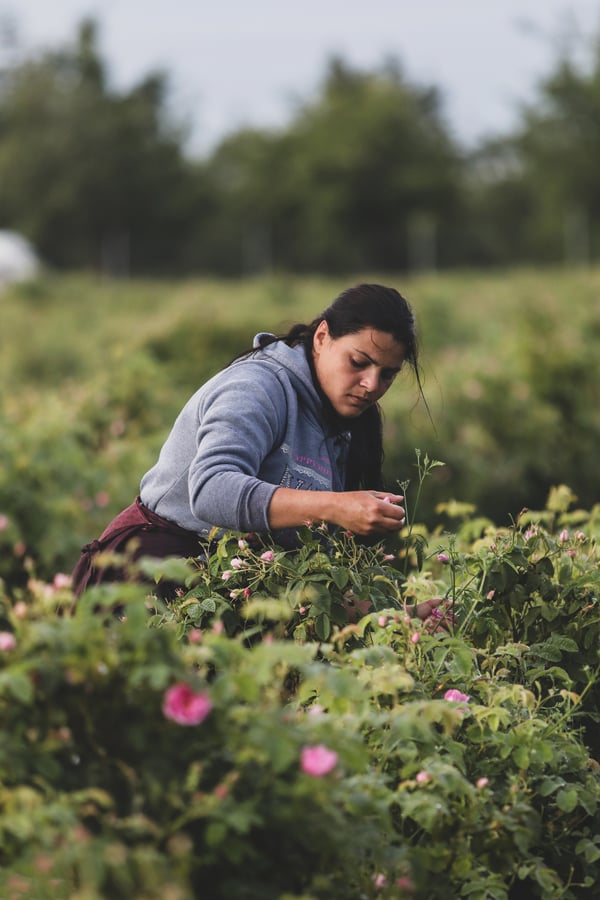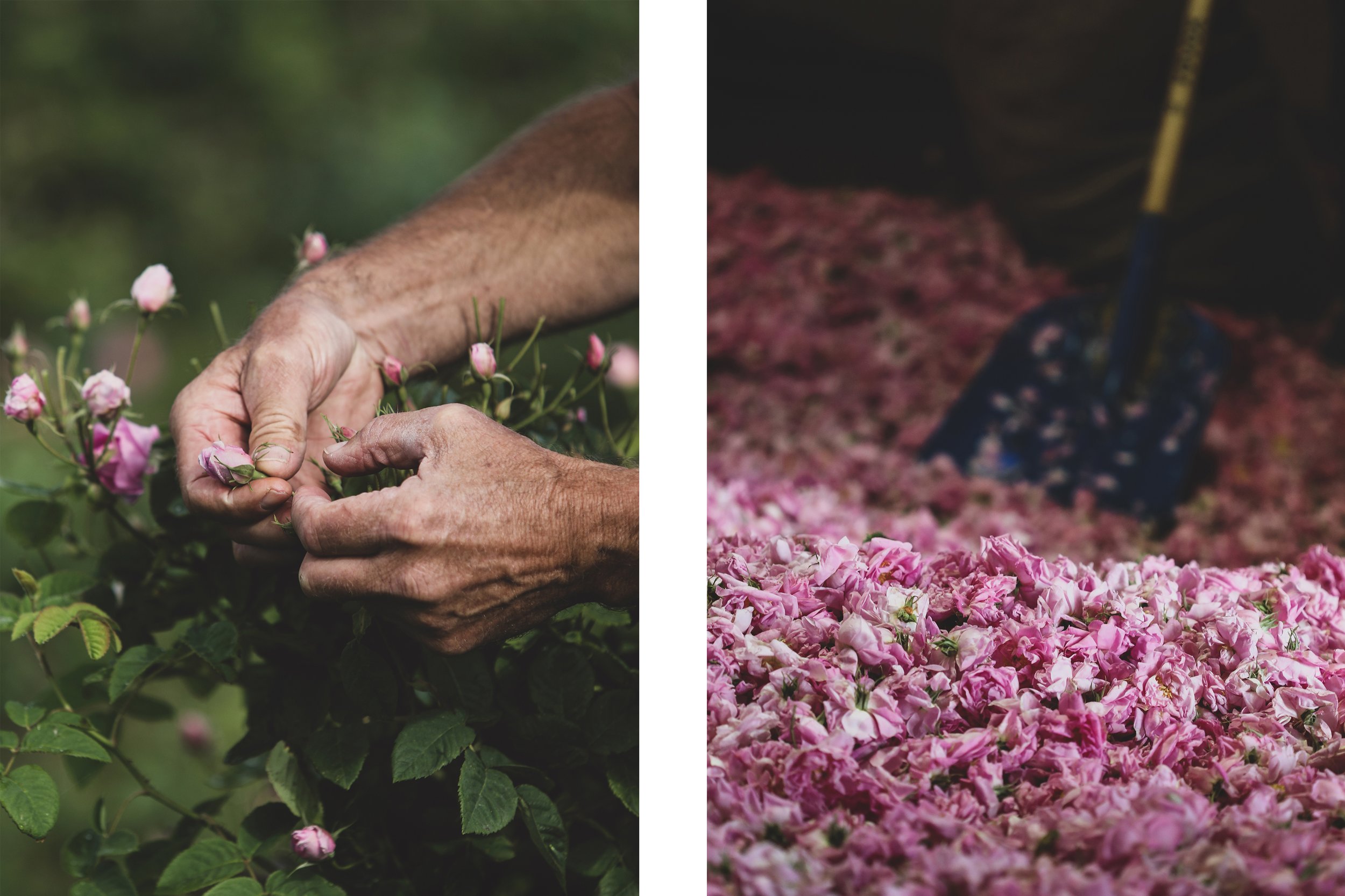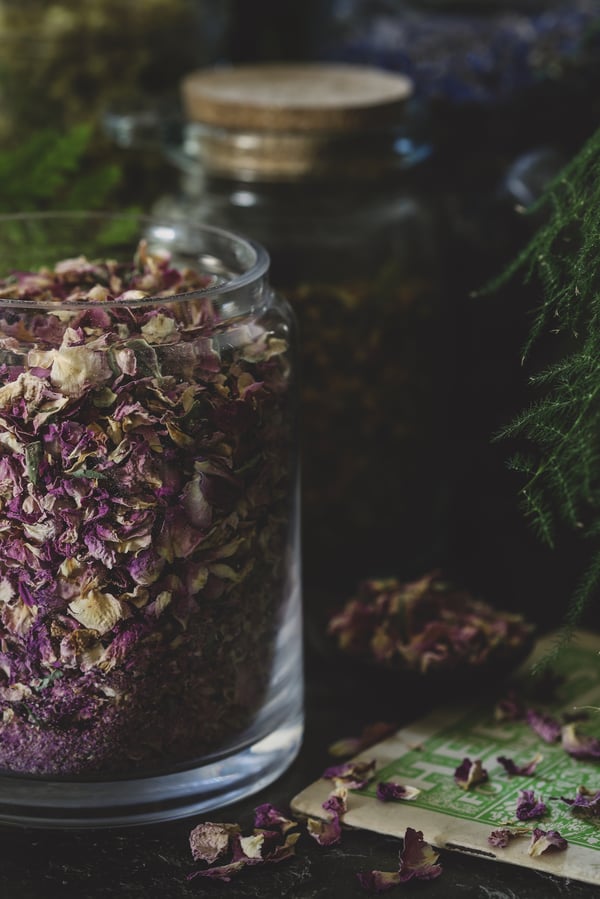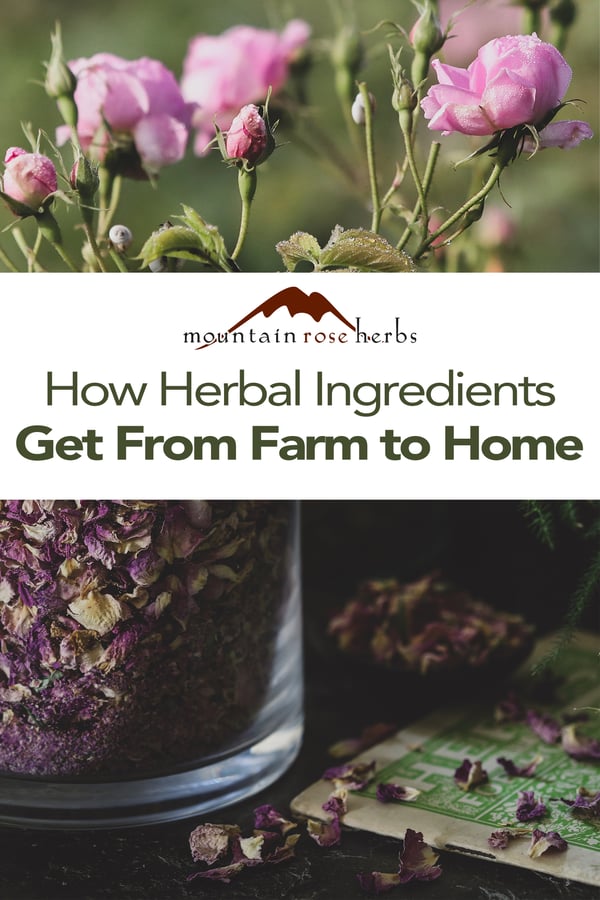In 1987 Mountain Rose Herbs was founded on a commitment to sustainably source all of our botanicals, and since then we’ve made every effort to uphold that commitment. One of the most important aspects of keeping that promise is ensuring transparency in the supply chains for each lot of material that we receive in our warehouse. Maintaining this requires a close relationship between Mountain Rose and our farm partners, and this relationship is managed by our Procurement team.
Trust is foundational to every productive and enduring relationship. Cultivating trust takes seasons, if not years, just as cultivating plants does. We relish opportunities to get to know our partners on a deeper level and to understand what really drives them towards the work they do. Traveling to see the fields and forests from which our cherished botanicals were thoughtfully collected is one of the most enriching parts of the job and something we look forward to every chance we get. When we can’t make it out to the field in person, snapshots of dreamy landscapes and people fostering their relationships to the land find their way into our inboxes. The stellar backdrop of radiant flowers and herbs bestows a sense of wonder and inspiration to our pursuits in the challenging times related to this work. Our farm partners are dedicated to their craft and passionate about sharing it with us.
Every bag of herbs that you hold in your hands is likely the result of years if not decades of partnership and growth, always with the goal of offering you the highest quality product possible.
You might have noticed that sometimes when you’ve ordered a particular herb, it looks different than what you purchased in the past. There's a very good reason for this. These materials are of an organic nature and are often minimally processed beyond their drying down and cutting steps, so the final product is particularly susceptible to variation. How much sunlight a crop gets, the type of soil it was grown in, whether there was an unpredicted rainfall pattern, potential pest issues—all of these factors have a dramatic impact on the visual and aromatic appearance of the herbs. Some issues take years to address, and some are largely out of human control. When we evaluate samples of material before purchasing, we take all of this and more into consideration.
Communication about our regulatory, food safety, and quality expectations is just the first step to purchasing the beautiful material that we proudly offer to you. Over the course of a contract, many mornings and afternoons are spent absorbed in conversations about how we can meet the needs of our farmers and support those who nurture the plants and their surrounding ecosystems. Relationships with our partners, at their best, are about bringing to fruition a shared vision of giving back to the soil through ecologically sound production and harvest practices and, in the process, also giving back to the people who do that work.
Of course, there are also challenges beyond the field. There are times when we believe we have done everything we can to ensure success, but then something happens that is out of human control. If you’ve been following the news on supply chains for the last year and a half, you already know that global trade has not been a stroll through one of the fields I referenced earlier. This extraordinary time in history has posed more challenges for us and our farm partner community than I have time to get into in this post; suffice it to say, it has been a long road. If it weren’t for the diligence and patience of our partners and those long-standing relationships that we have with them, I don’t believe that we would be able to continue to offer as many products as we have.
Procurement is more than relationship building, just as sustainability is more than ecological practices. A good buyer considers the whole picture: from geopolitical concerns, regulatory compliance, food safety standards, and of course, the overall quality of the final product we offer to our customers.
We understand that our customers want to make purchases based on the values that they share with us, which is why we prioritize relationship building and being intimately involved with the work our farm partners do to ensure that only the freshest, most vibrant botanicals wind up in your spice rack or on the shelves of your local apothecary.
Want to learn more about farming?
Read How Foster Farms Treats Farming as a
Labor of Love
You may also enjoy:
- Forest Farming: Supporting Plants & People with Sustainable Agroforestry
- Farm to Bottle Story of Our Fresh Hops Extract
- Pioneering Rhodiola Cultivation in Alaska














